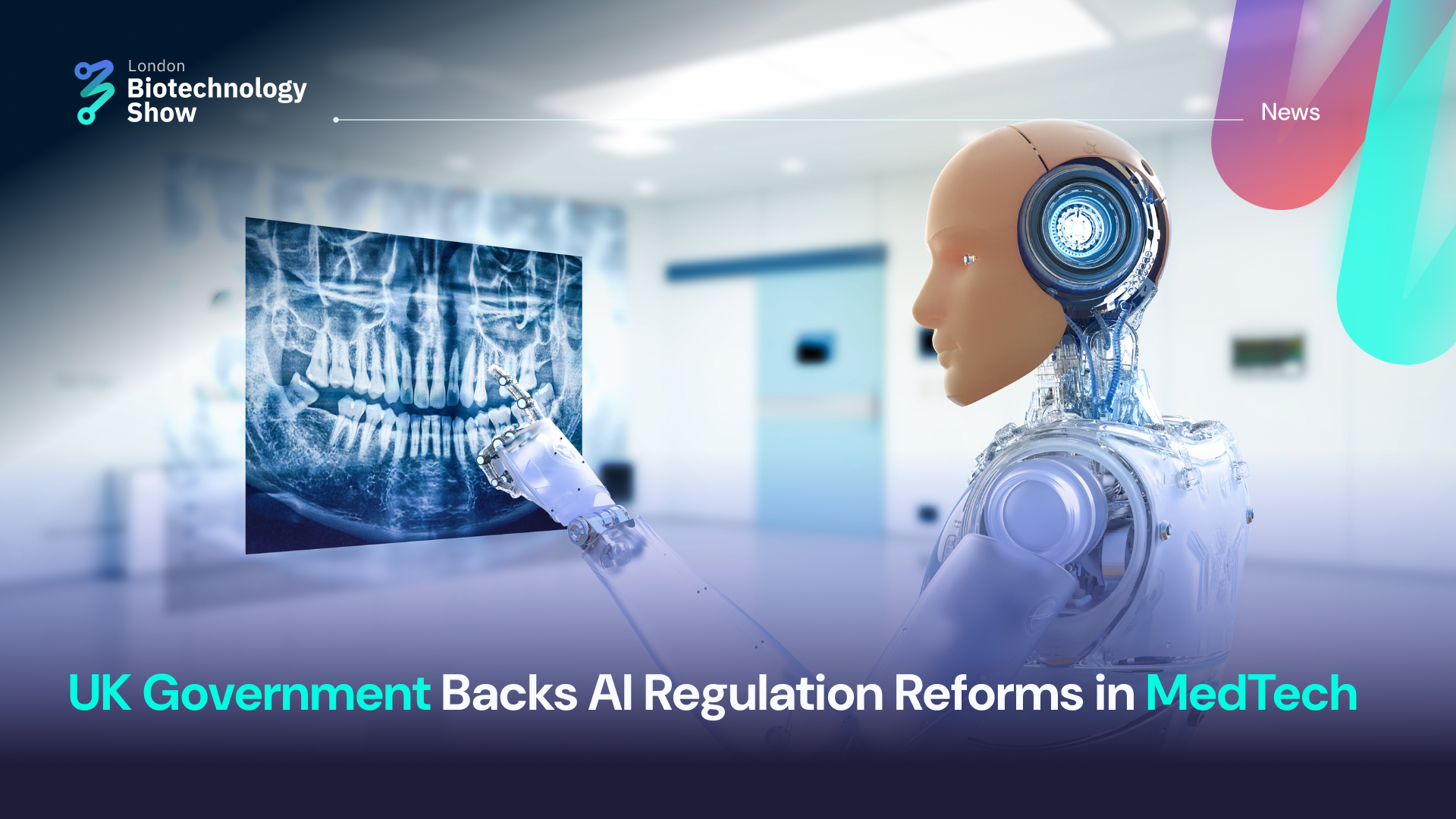10 March 2025: The UK Government has accepted the majority of recommendations from the Regulatory Horizons Council (RHC) regarding the regulation of artificial intelligence (AI) in medical devices, aiming to balance patient safety with innovation.
Government Endorsement of AI in MedTech Regulations
The Department for Health and Social Care (DHSC) has released its response to the RHC’s report, supporting most of its 15 recommendations. These include strengthening regulatory capacity for AI-powered medical devices, ensuring manufacturers provide evidence of risk evaluation and mitigation, and establishing post-market performance monitoring standards.
Some recommendations have been accepted in principle, such as providing long-term funding to the Medicines and Healthcare products Regulatory Agency (MHRA) to develop and maintain a robust regulatory framework. Another key recommendation calls for contractual agreements between health institutions and manufacturers to ensure ongoing monitoring of performance and safety issues.
Generative AI and Future Regulatory Developments
Acknowledging the rapid advancement of generative AI in healthcare, Baroness Merron, Minister at DHSC, has commissioned a formal review to explore its implications. She emphasised the need to balance AI-driven innovation with patient safety, ensuring regulations evolve alongside technological advancements.
Strengthening the AIaMD Regulatory Landscape
The government’s response highlights several critical measures to enhance regulatory oversight:
- Regulatory Capacity and Capability: The MHRA is expanding its AI regulatory expertise and has been allocated £1 million in funding for the AI Airlock initiative—a regulatory sandbox designed to facilitate AI medical device approvals.
- Legislative Framework: The UK aims to maintain a “legislatively light” regulatory framework, integrating standards and guidance while addressing AI-specific challenges. Updates to existing medical device regulations will remain proportionate and flexible for AI-driven innovations.
- Risk Mitigation & Manufacturer Accountability: Manufacturers must provide documented evidence that their devices are designed to minimise AI bias and performance variability. Compliance will be enforced under the UK Medical Devices Regulations 2002.
- International Collaboration & Standards Development: The MHRA is working closely with global regulatory bodies, including the FDA and Health Canada, to align AI medical device approval processes and reduce duplication for businesses.
In order to overcome AI adoption challenges in healthcare, the MHRA has launched the AI Airlock initiative, selecting five pioneering AI-powered medical technologies focused on cancer, chronic respiratory diseases, and radiology diagnostics. This initiative will help refine regulatory requirements and support AI manufacturers in demonstrating compliance.
With AI continuing to reshape the healthcare landscape, the UK government’s commitment to proportionate and adaptive regulations will be crucial in ensuring safe and effective AI-driven medical advancements.

